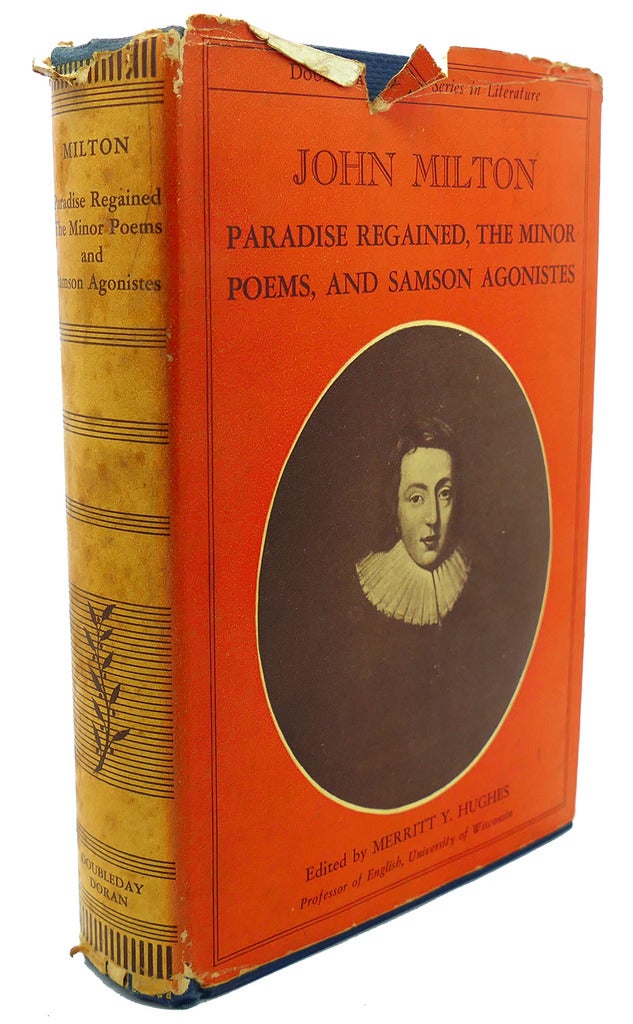

In addition to the historical nature of typology there is its lexical nature. The reason for this great difference is simply that allegory takes no account of history.” Lampe recognizes that there is a literary tradition that utilizes typology, but “unlike the typology, which depends upon the Biblical view of history, the methods of this form of typology are wholly unhistorical.” So the theories of Biblical typology should only apply to literature that incorporates people and events of an historical nature, which Milton's Paradise Regained does do. He says allegory “differs radically from the kind of typology which rests upon the perception of actual historical fulfillment. Another critic, Lampe, furthers our understanding of typology by professing that a distinction should be made between typology and allegory.

First, in a general view, Abrams says that it was “developed by the early Church Fathers as a way of reconciling the history, prophecy, and laws of the Hebrew Scriptures with the narratives and teachings of the New Testament.” Already, we begin to understand that this definition attempts to explain a dichotomy that exists between the Old and New Testaments.

Typology has been interpreted in various ways. In addition, it is a work that is full of typological elements and various examples of parody that Milton utilizes to reveal how Satan tries to imitate Christ as the epic defender of universal truth. John Milton's Paradise Regained is a brief epic that was loosely based on chapter four of Luke's gospel in the Christian New Testament. What do we mean by “typology” and by “parody”, and how does Milton use parody in Paradise Regained to make Satan try desperately to imitate Christ as the epic defender of universal truth?


 0 kommentar(er)
0 kommentar(er)
